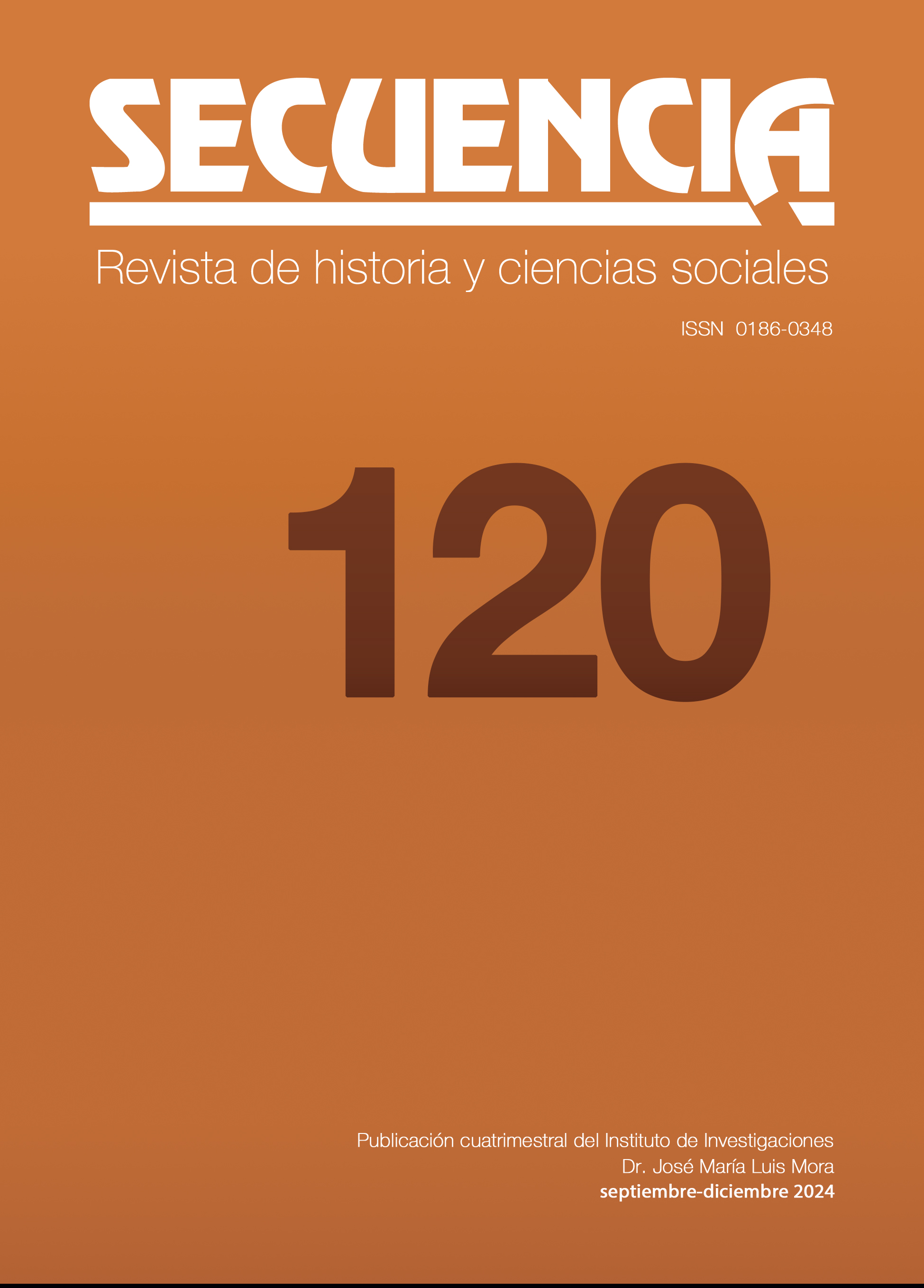Abstract
In 1991 the dissolution of the Soviet Union marked the orthodox end of the cold war, whose main ideological axis, containment of communism under the logic of being an “external threat”, lost its main antagonist. However, this work exposes the continuity of that logic in the post-Soviet period. Using primary sources this article traces the historical origin of the anti-communist imaginary against an “external threat”, its instrumental exacerbation in the cold war in Latin America and exposes the presence of this practice in a post-bipolar conflict scenario: Mexicoʼs presidential race in 2006.

This work is licensed under a Creative Commons Attribution-NonCommercial 4.0 International License.
Copyright (c) 2024 Héctor Alejandro Quintanar Pérez




